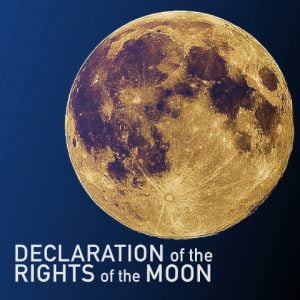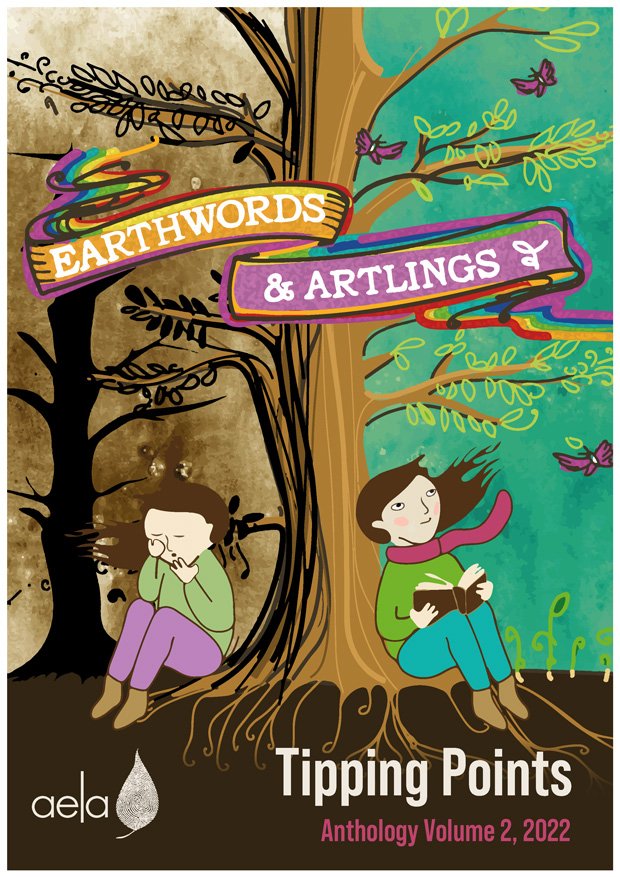Overview
In 2010 and 2012, Bolivia passed national legislation created to forge radical new conservation and social measures, and which acknowledged the rights of nature.
The laws recognised that nature has the following rights: the right to life and to exist; the right to continue vital cycles and processes free from human alteration; the right to pure water and clean air; the right to balance; the right not to be polluted; and the right to not have cellular structure modified or genetically altered.
The laws also enshrined the right of nature "to not be affected by mega-infrastructure and development projects that affect the balance of ecosystems and the local inhabitant communities". The law was part of a complete restructuring of the Bolivian legal system following a change of constitution in 2009 and was heavily influenced by a resurgent indigenous Andean spiritual world view which places the environment and the earth deity known as the Pachamama at the centre of all life. Humans are considered equal to all other entities.
Bolivia's National Legislation
The Legislation
In 2010, the Bolivian government passed The Law of the Rights of Mother Earth, a relatively short piece of legislation, which contains 10 articles and was drawn from a much longer draft law. For an English version of the law, please click here.
In 2012, the Government passed a revised version of the original longer piece of legislation: the Framework Law of Mother Earth and Integral Development for Living Well (La Ley Marco de la Madre Tierra y Desarrollo Integral para Vivir Bien).
Institutions created to support the laws
The 2012 law authorised the creation of new institutions:
- A Mother Earth Ombudsman's Office (Defensoria de la Madre Tierra) parallel to the human rights-oriented Defensoría del Pueblo. Unfortunately, as of February 2016, this office has not been created.
- The Plurinational Mother Earth Authority (Autoridad Plurinacional de la Madre Tierra; APMT), which oversees climate change policies, was created by Supreme Decree 1696 in 2013.
There have been delays and barriers to the implementation of the laws, some of which are discussed in this article: http://www.ipsnews.net/2014/05/bolivias-mother-earth-law-hard-implement/
Further Reading
Brandon Keim, Wired, 2011 - "Nature to Get Legal Rights in Bolivia"
London School of Economics and Political Science, 2012 "The Mother Earth Law"
Peter Neill, Huffington Post, 2014 - "Law of Mother Earth: A Vision from Bolivia"


















